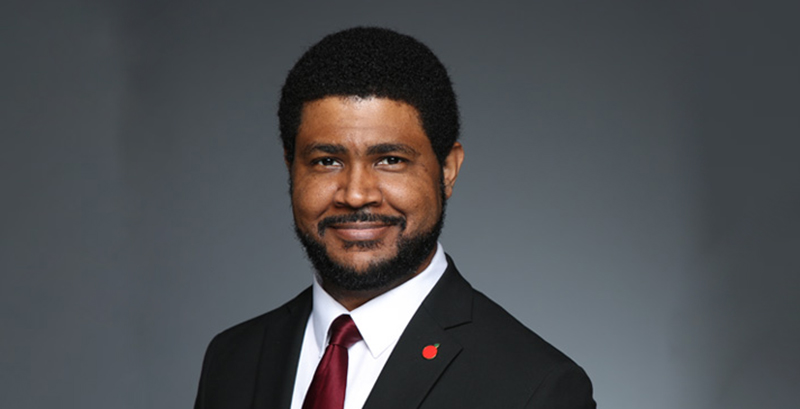Charter schools were always meant to solve community challenges: access to diverse learning opportunities, stagnant education models, lack of specialized schools based on student needs. In the two decades since charter schooling first became popularized, have they succeeded?
According to Karega Rausch, the new President & CEO of the National Association of Charter School Authorizers (NACSA), many charter schools have begun to stray from their missions of creating more innovative educational opportunities and equitable outcomes. He explains his vision for the future and what actions leaders can take now to ensure schools are responsive to the needs and desires of students and families.
In an interview with The 74, Rausch shares four key takeaways for community-centered charter schooling:
- Innovation: According to recent research, almost a third of potential new charter schools proposed between 2013 and 2018 were “general-model” schools that “didn’t have a particular kind of approach,” Rausch says. “That suggests we’re not proposing and approving the kinds of schools that meet the wide diversity of needs that kids and families have.”
- Local appetite: Rather than focusing only on challenges communities face, Rausch believes progress comes from asset-based approaches that invest in a community’s resources and build upon their strengths. “Certainly, every community has its challenges,” he says. “But you know what? Every community has assets, too.
- Performance standards: “The work — and this is where it’s going to be hard — is in crafting new ways in which schools that have particular missions or have a way that they want to achieve their particular mission, can be done in such a way that everybody can look at those measures and say, ‘Yes, that’s a good rigorous measure.’”
- Leaders of color: “It’s deeply personal that we center this work in the hopes and aspirations and needs that local communities actually have for their kids,” Rausch concludes. “Local communities want the best for their kids. They have great ideas. Folks that want to partner with need to be welcomed and engaged. But the level of power, I think, has to shift.”
Read more here: “New NACSA Chief Karega Rausch’s Mission for Authorizers: Make Charter Schools More Responsive to the Communities They Serve“

